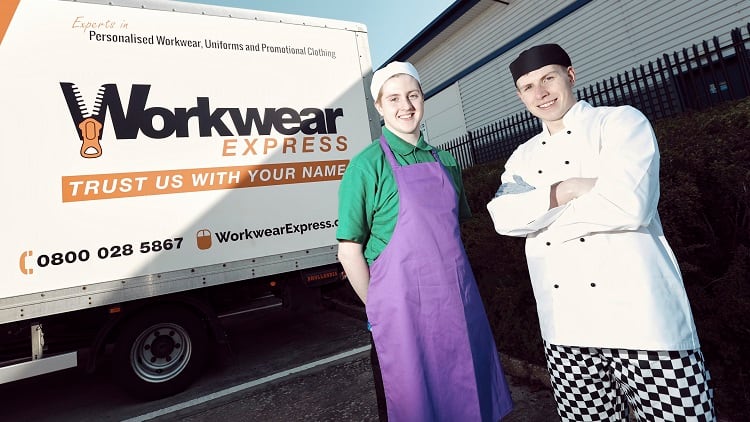The basics of running a business rarely change but the professional services available to pubs are constantly shifting to adapt to the sector’s new needs.
One segment of the industry that is moving rapidly is the digital space that pubs can make themselves present in.
There are lots of opportunities for pubs to embrace apps – be it developing one for your pub customers or incorporating a partnership with an external app into your offer.
“The likes of JD Wetherspoon have been really forward-thinking with mobile apps to order food and drinks, all of the other operators are really scrambling to offer something similar,” explainCharlie Baron, the founder of the phone charging network app ChargedUp.
Cashless society
Catherine Gannon, founder of Gannons Solicitors, says publicans should take note of this technology when thinking about what external organisations to work with.
“The rise in cashless venues is a movement we would advise operators to be aware of as technology moves quickly and consumers look for a variety of payment options,” she says.
“The upside for operators is that card and mobile-only sites have a reduced need for security while the risk of staff fraud is lower, tightening operational efficiencies and increasing safety for employees.”
There are a number of apps specific to the needs of pub businesses. For example, Young’s pubs use a third-party app designing company called Pepper. Guests can create a digital bar tab on the app with software that enables payment and bill splitting to be carried out through the app too.
The purposes of an app can also extend beyond order and pay, and one can be used to drive brand loyalty and gain marketing insights.
Many of the services that provide app creation also offer an option to download business insight reports garnered from the information of transactions – automating another aspect of business and working alongside your other EPoS operations and insight.
If creating a bespoke app is a daunting task, there are also third-party services available. For example, cloud-based services like wi-Q provide order and pay capabilities that can be tailored to your organisation. These services can be used by customers on their phones by a web browser without the need of downloading an app.
Pubco and chain Greene King has also demonstration the potential to be had with app start-ups. It joined forces with a sustainability app Too Good To Go to cut down on the numbers of carveries it was throwing away. Through the free app, pubgoers can see a map of where they can buy discounted unsold meals.
Phone charging has also been big news. While Samuel Smith pubs banned customers from using their phones at its sites, Stonegate announced around 150 of its sites would host power bank rentals from the app ChargedUp.
Services offering technological solutions may be the talk of the town but licensed solicitors say there is no shortage of publicans in need of legal advice as regulations change.
Tribunal cases on rise
Gannons Solicitors has observed an increasing number of claims being made for back holiday pay, something publicans should note. This coincides with the rise in claims via employment tribunal since a fee for bringing claims was abolished in July 2017, explains Gannon.
In the year to March 2018, the total number of employment tribunal applications was 109,685, compared to 88,461 the year before. This is set to continue in 2019 and solicitors are readying themselves for more queries from publicans.
“The demand for transparency in hospitality employment is growing,” says Gannon.
“From 6 April 2020, operators will need to provide a more comprehensive statement of employment from day one (rather than within two months, as they can now). The statement will require additional information, including details of the probationary period, types of paid leave, all remuneration and contributions, the specific days and times employees are to work together, and details of training.
“Pub operators must demonstrate what they expect from a worker and be transparent with the hours of work, hourly rate and gratuities or service charges through a tronc, a system employers use for discretionary payments.”
Rob Cooke, a partner at the Yorkshire-based law firm Lupton Fawcett, says he has seen more publicans than ever reach out with queries about lease negotiations and how to acquire a market-rent-only (MRO) option agreement.
Cooke runs a website where publicans can access legal advice and now runs this in conjunction with a surveyor. “They can come to one place and get all of that,” he explains. “I have set it up because increasingly there are pub tenants needing help. I get daily enquiries.
“The standard one is pub tenants being put under financial difficulty by pub companies because they are putting prices up or not honouring discounts or making life difficult with dilapidation or not accepting the fact that pubs are struggling through the winter.”




